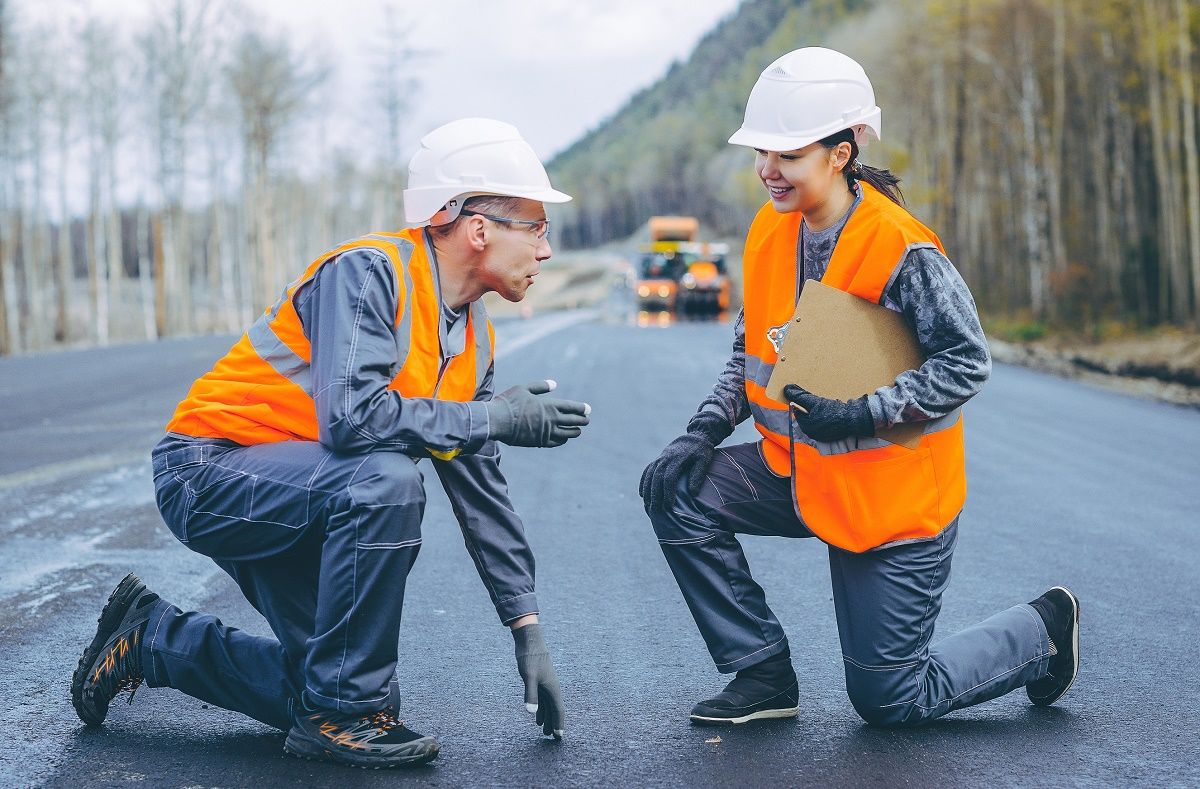Another opportunity to share and learn about the gender dimension of infrastructure is on the horizon.
I look forward to attending my seventh MDB Summit on Gender, hosted by the African Development Bank in Rwanda. My first was in Manila in 2008, hosted by the Asian Development Bank (ADB). The most recent one was hosted by IDB Invest in Washington DC in 2016. Others I have attended took place in Lima, Addis Ababa and the one I organized in Istanbul in 2012 while I was still at the European Bank for Reconstruction and Development.
These are timely and significant events as they bring together not just the multilateral development banks but also their partners and clients working to ensure women and men have equal access to infrastructure, services, education and health care.
These summits provide a real opportunity to share experience, lessons learned and sometimes frustrations across countries and sectors. They also provide an opportunity to share research and innovations. These summits can be quite inspiring.
This year, ADB and the Asian Infrastructure Investment Bank are cohosting a session on gender and Infrastructure.
While at first glance the provision and management of infrastructure may appear to be gender-neutral, it is far from that. The way infrastructure is designed, constructed and managed can have the potential to increase, maintain and/or reduce gender gaps, thereby affecting women’s economic participation and empowerment.
Infrastructure should be designed to take into consideration (1) women’s as well as men’s needs, (2) accessibility and (3) increased use for all. With the subsequent knock-on effect, quality of life and economic development could improve. For example, women’s daily travel patterns tend to be more complex than men’s as many combine work with child care and other commitments.
The panelists and contributors—Elena Nikolova, Francesco Tornieri, Maria Shaw-Barragan, Stephanie Oueda Cruz and Tri Mumpuni—will cover a range of infrastructure subsectors. They will look at the existing evidence base and data challenges, the ways in which women’s decent employment and professional networks can be enhanced and the multiple positive spillovers for projects and women when gender-inclusive designs are incorporated into infrastructure projects (for example, reduced time poverty and drudgery).
The session aims to highlight the importance of working with public and private sector actors in pursuing gender-inclusive approaches to infrastructure as a means of reducing inequality and promoting empowerment avenues for women and girls. It will be an opportunity to share and compare experience in different regions, and I do hope to share with and learn from the attendees.
For more details about the 2019 Global Gender Summit, head to the official website here.


